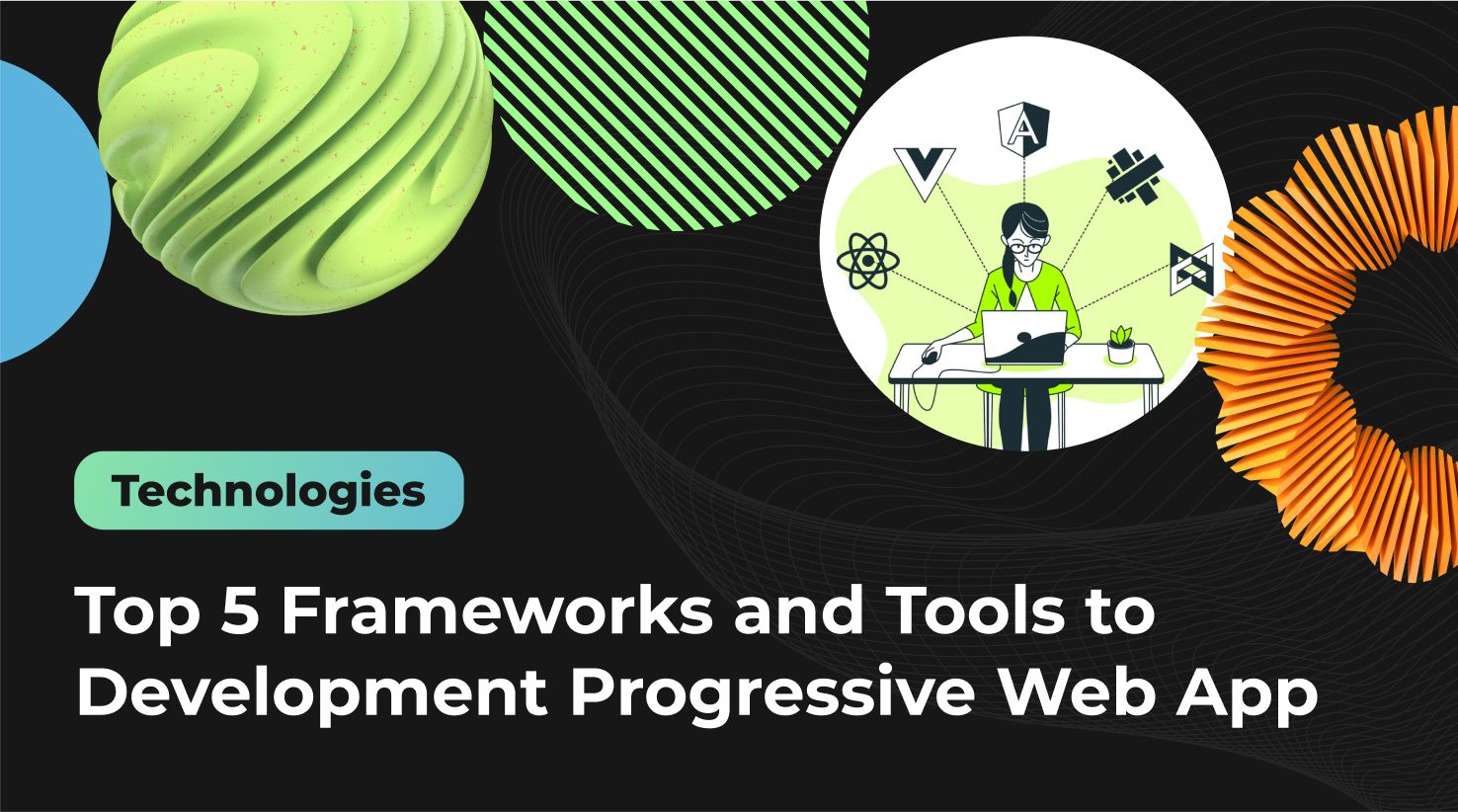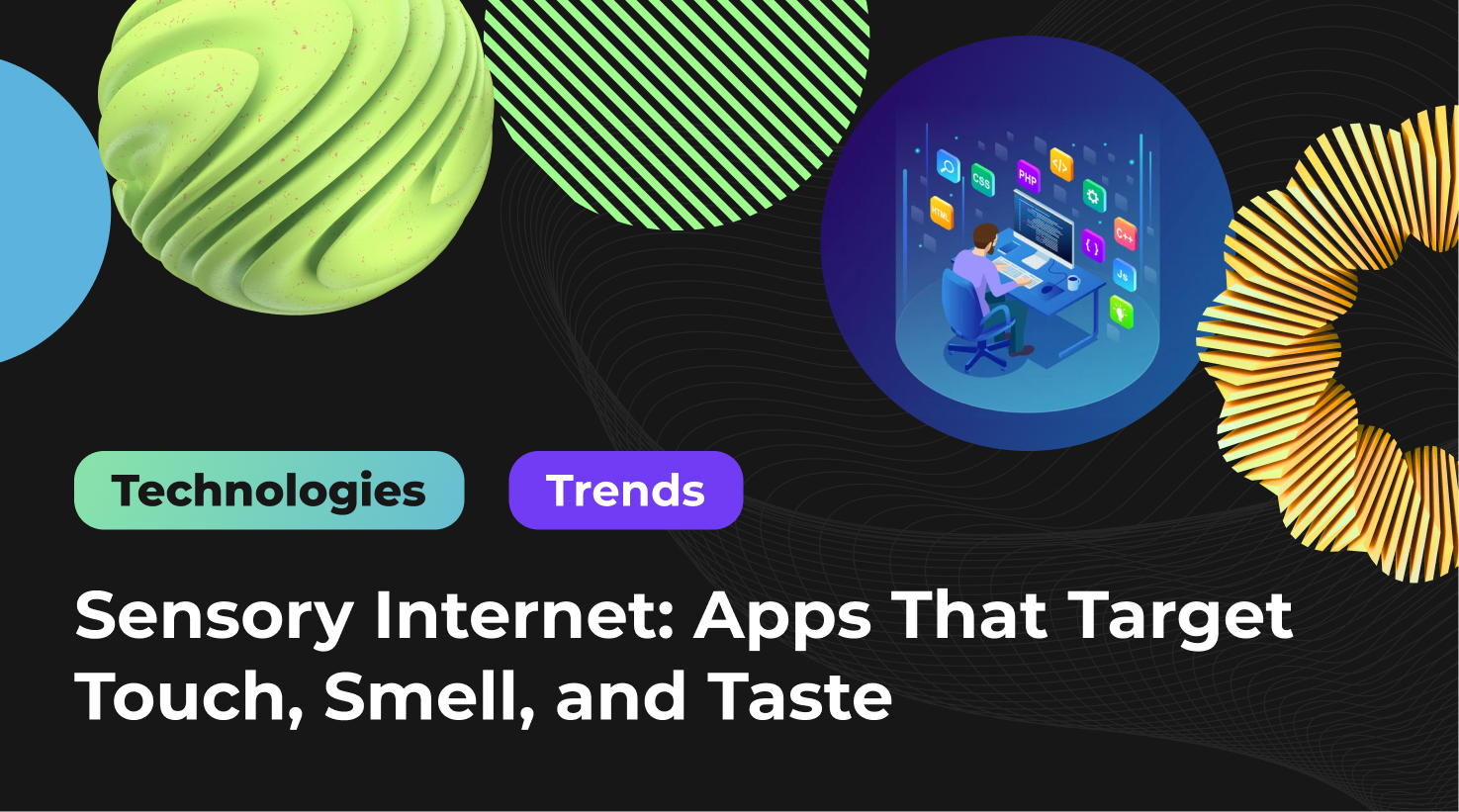In today’s digital landscape, delivering an exceptional web experience is paramount, and Progressive Web App (PWA) development has emerged as a game-changing approach. PWAs combine the best web and native apps, offering speed, reliability, and cross-platform compatibility. In this article, we’ll explore the world of Progressive Web App Development, its compelling advantages, and the key frameworks and tools that empower developers to create these innovative applications. Let’s embark on a journey to unlock the potential of PWAs together.
- PWAs combine web reach with native app capabilities, offering various benefits.
- Benefits of PWAs include cross-platform compatibility, enhanced user experience, and offline functionality.
- Five frameworks/tools for PWA development: Ionic, Polymer, Vue.js, React.js, Preact.
What is Progressive Web App Development?
Progressive Web App (PWA) is a web application that leverages modern web technologies to provide users with an app-like experience within their web browsers. PWAs are designed to offer the best of both worlds – the reach and accessibility of the web combined with the performance and functionality of native apps.
Key attributes that define PWAs:
- Responsiveness
- Offline Functionality
- App-Like Interactions
- Safety and Security
- Discoverability
- Push Notifications
- Installation and Home Screen Access
Progressive Web App Development is not limited to a specific programming language or platform. Instead, it’s an approach that can be implemented using various tools and frameworks, allowing developers to choose the technologies that best suit their project requirements.

Why Use Progressive Web App Development?
Progressive Web App Development (PWAD) is a transformative approach that offers many benefits for developers and end-users. These advantages make PWAs appealing to businesses and developers looking to create web applications that offer the best web and native mobile experiences. Let’s delve into why you should consider embracing Progressive Web App Development:
1. Cross-Platform Compatibility
2. Enhanced User Experience
3. Offline Functionality
4. Cost-Efficiency
5. Discoverability
6. Faster Loading Times
7. Push Notifications
Progressive Web App Development is a compelling choice due to its cross-platform compatibility, superior user experience, offline functionality, cost-efficiency, discoverability, fast loading times, and push notification capabilities.
Progressive Web App Development Support from Major Platforms
Progressive Web Apps (PWAs) have garnered substantial support from major platforms, including iOS, Android, and web browsers. This widespread backing underscores the growing importance and relevance of PWAs in web application development.
iOS
Apple’s iOS, known for its stringent app review process, has increasingly embraced PWAs. Here’s how iOS supports PWAs:
- Safari Support
- Service Worker Integration
- Push Notifications
Android
Android has been a frontrunner in supporting PWAs, aligning well with Google’s strong advocacy for this technology. Android offers robust support for PWAs:
- Chrome Integration
- Service Workers
- Push Notifications
- Add to Home Screen
Browser
Progressive Web Apps are not limited to specific platforms; they are designed to work across various web browsers, including Chrome, Firefox, Edge, and others. Modern web browsers provide essential features and support for PWAs:
- Service Workers
- Manifest Files
- HTTPS Requirement
- Responsive Design
Ready to Transform Your Web App into a PWA? Let’s Get Started!
Contact UsFrameworks and Tools to Develop Progressive Web Apps:
Progressive Web App Development (PWAD) has gained momentum as businesses seek to provide users with fast, engaging, and cross-platform experiences. To embark on this journey successfully, developers often use frameworks and tools that streamline the development process. Five frameworks and tools that empower developers to create compelling Progressive Web Apps:
Ionic
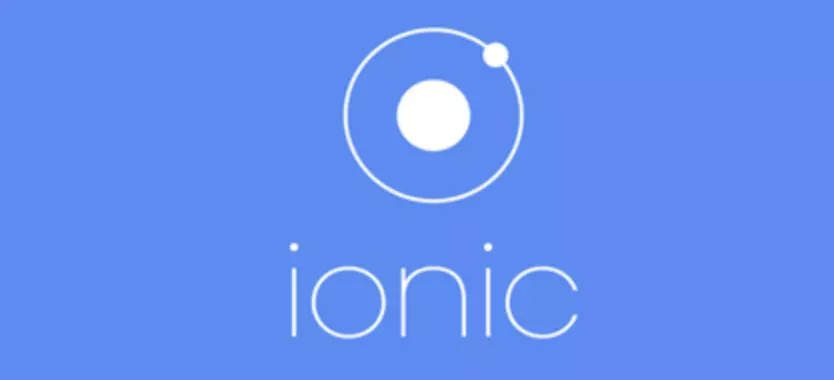
Ionic is a popular open-source framework that combines the versatility of web technologies like HTML, CSS, and JavaScript with the robustness of Angular or React. It is renowned for its ability to create high-quality PWAs that mimic native app experiences. Critical features of Ionic for PWA development include:
- Native-Like Look
- Cross-Platform Compatibility
- Optimized PerformancePolymer
Polymer, developed by Google, is a library that simplifies the creation of PWAs by offering a set of web components and tools. It’s particularly well-suited for developers looking to create lightweight, fast, and modular PWAs. Critical advantages of Polymer for PWA development include:
- Web Component Standard
- Progressive Enhancement
- Fast Loading
Vue.Js
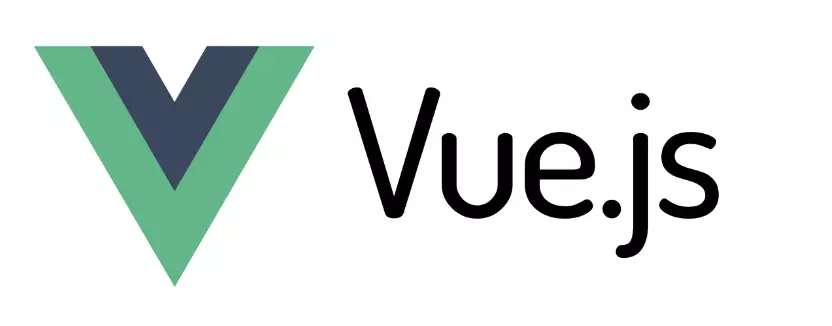
Vue.js, a progressive JavaScript framework, is an excellent choice for developing PWAs. It balances simplicity and versatility, making it a popular choice for new and experienced developers. Vue.js offers several advantages for PWA development:
- Incremental Adoption
- Small Size
- Community Support
React.js
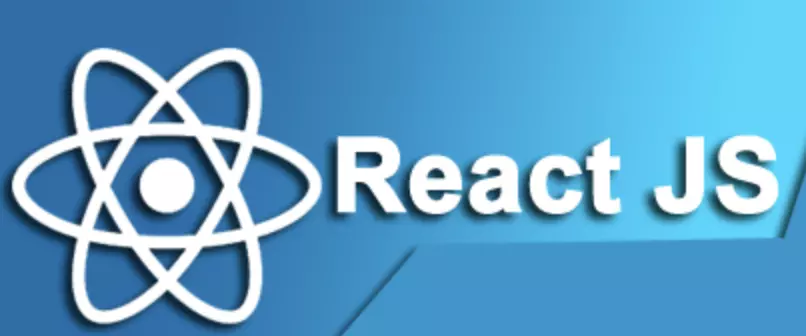
React.js, developed by Facebook, is a robust and versatile JavaScript library for building user interfaces. It has gained significant traction in PWA development due to its extensive ecosystem and large developer community. Critical advantages of React.js for PWAs include:
- Reusability
- Vast Ecosystem
- High Performance
Preact
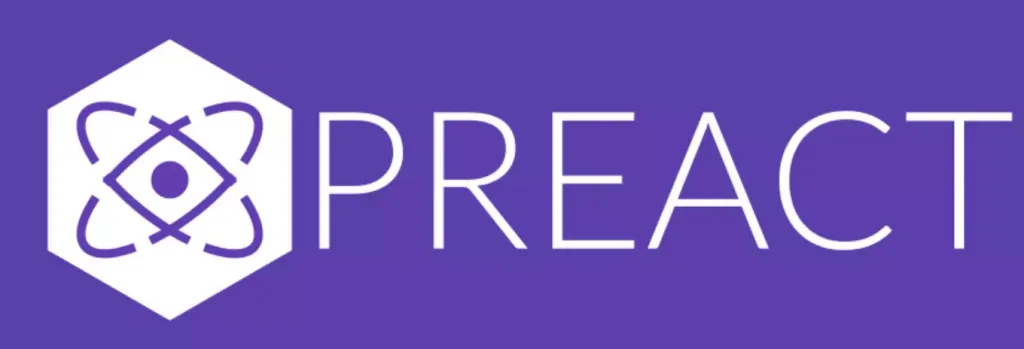
Preact is a lightweight and fast alternative to React.js. It retains a similar API to React but is significantly smaller, making it an excellent choice for resource-constrained environments. Critical features of Preact for PWA development include:
- Small Bundle Size
- Familiar API
- Efficient Rendering
How to Develop a React Progressive Web App?
React.js, a popular JavaScript library for building user interfaces, is a robust choice for developing Progressive Web Apps (PWAs). React simplifies PWA development with its component-based architecture and extensive ecosystem while offering exceptional performance. Here’s a step-by-step guide to creating a React Progressive Web App:
1. Set Up Your Development Environment:
Ensure you have Node.js installed, as it’s essential for managing dependencies and running development servers. Create a new React app using a tool like Create React App (CRA) to kickstart your project. This tool provides a standardized project structure and build configurations, saving time and effort.
2. Enhance with PWA Features:
You’ll need to add essential features to transform your React app into a PWA. Start with service workers, which enable offline functionality—using tools like Workbox or the service-worker.js file generated by CRA, cache critical assets, and data for offline access.
Next, create a manifest file (manifest.json) that describes your PWA, including its name, icons, and theme colors. This file helps browsers understand how to display your app on various devices and platforms.
3. Optimize for Performance:
Ensure your React PWA loads quickly and efficiently. Minimize and bundle your JavaScript files, optimize images, and implement lazy loading for non-essential resources.
4. Test and Debug:
Thoroughly test your React PWA on various devices and browsers to ensure it works as expected.
5. Deploy Your React PWA:
Choose a hosting solution to deploy your React PWA. Popular options include Netlify, Vercel, and GitHub Pages. Ensure your PWA is served over HTTPS for security.
6. Promote Your PWA:
Encourage users to install your React PWA on their devices.
Following these steps, you can transform your React application into a Progressive Web App, offering a seamless, engaging, and responsive user experience across various devices and platforms.
Conclusion
Selecting the right frameworks and tools is just the beginning. What truly sets a PWA apart is the expertise and experience of the development team. This is where Ficus Technologies shines. Whether you’re seeking the native-like aesthetics of Ionic, the lightweight efficiency of Preact, the versatile ecosystem of React.js, or the progressive enhancement approach of Vue.js, Ficus Technologies has the expertise to harness these tools effectively.
We understand the nuances of each framework, enabling us to tailor our solutions to your specific project requirements. Whether it’s crafting a PWA that mirrors native app experiences or creating a lightweight and efficient application, our team has the know-how to bring your vision to life.
Yes, developing Progressive Web Apps (PWAs) is often more cost-effective than native apps. PWAs allow developers to write code that can be reused across different platforms, eliminating the need for separate codebases for iOS and Android. This code efficiency reduces development time and costs. Additionally, PWAs leverage web technologies, making them accessible via a browser without the need for app store distribution, saving on associated fees. The streamlined development process, code reusability, and simplified distribution contribute to the overall cost-effectiveness of PWAs, making them an attractive option for businesses with budget considerations.
No, Progressive Web Apps (PWAs) are not limited to specific programming languages or platforms. PWAs follow a web-based approach, allowing developers to use a variety of programming languages such as HTML, CSS, and JavaScript. This flexibility enables developers to choose the technologies that best suit their project requirements. Unlike native apps that are platform-specific, PWAs are designed to work across different web browsers, making them accessible on various platforms like iOS, Android, and others. This versatility in language and platform support is a key advantage of PWAs, providing developers with the freedom to select the tools they are most comfortable with.
